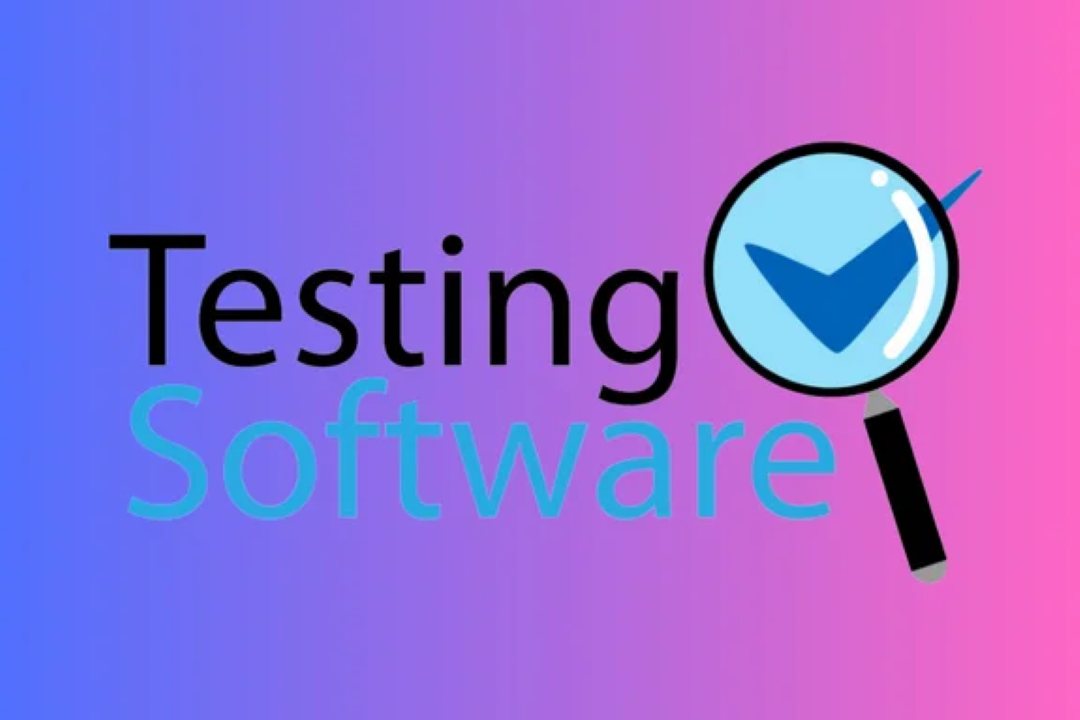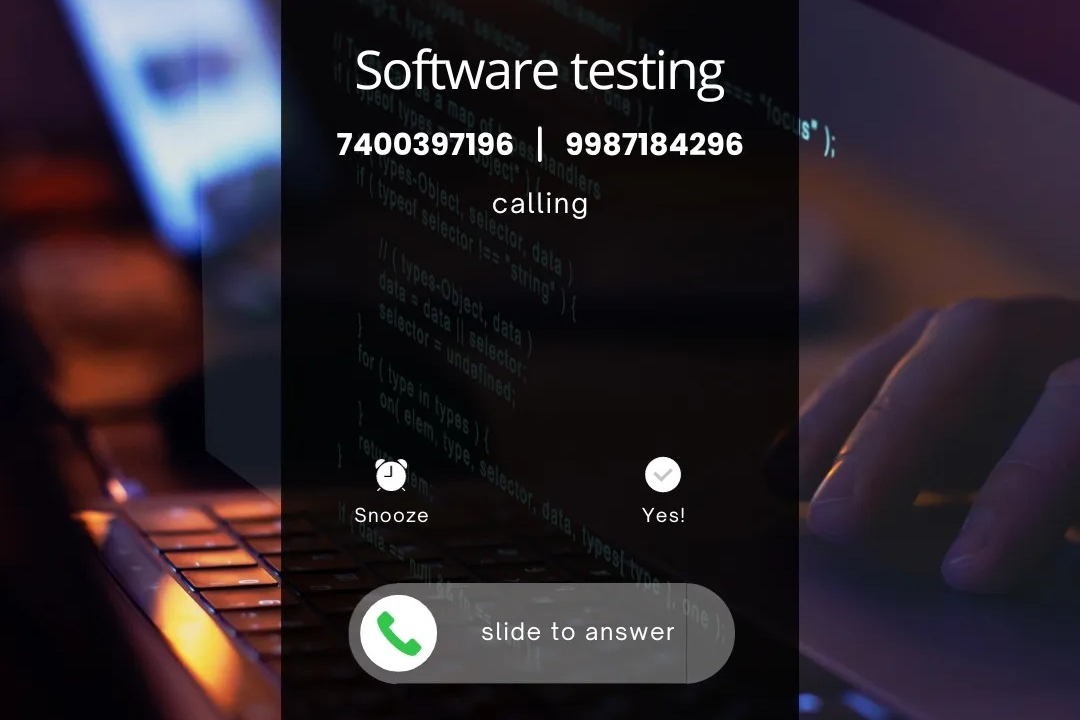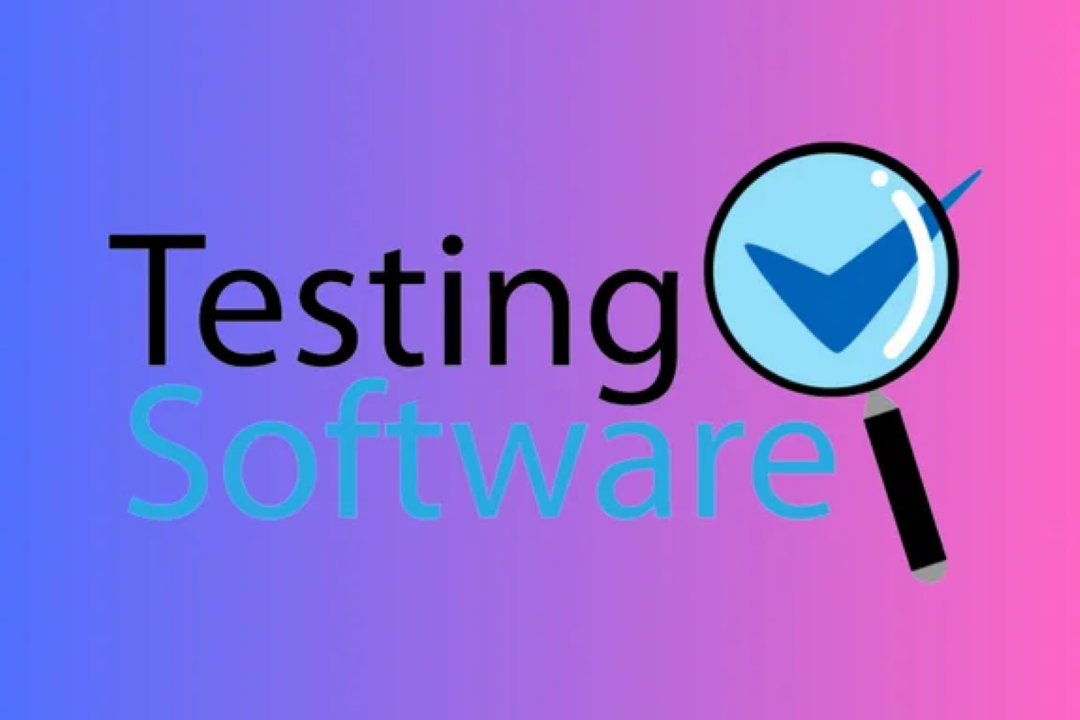Android App Development Course For Beginners Coursera
The Android App Development Course for Beginners on Coursera is an introductory course designed to t
Android App Development Course For Beginners Coursera
The Android App Development Course for Beginners on Coursera is a comprehensive course that teaches the fundamentals of Android development. Through hands-on projects and expert instruction, you will learn the basics of Android programming, including layouts, activities, fragments, and more. This course is ideal for beginners who want to create their own Android apps or expand their knowledge of mobile development.
To Download Our Brochure: https://www.justacademy.co/download-brochure-for-free
Message us for more information: +91 9987184296
The Android App Development Course for Beginners on Coursera is a comprehensive course that teaches the fundamentals of Android development. Through hands on projects and expert instruction, you will learn the basics of Android programming, including layouts, activities, fragments, and more. This course is ideal for beginners who want to create their own Android apps or expand their knowledge of mobile development.
Course Overview
The Coursera “Android App Development Course for Beginners” provides a comprehensive introduction to Android development. This course covers the fundamentals of Java programming, Android UI design, data storage and retrieval, networking, and testing. By completing this course, students will gain the skills and knowledge necessary to create their own Android apps.
Course Description
This beginner-friendly Coursera course provides a comprehensive introduction to Android app development. Through hands-on projects and expert guidance, you'll learn the fundamentals of Android programming, user interface design, data storage, and app deployment.
Key Features
1 - Comprehensive Tool Coverage: Provides hands-on training with a range of industry-standard testing tools, including Selenium, JIRA, LoadRunner, and TestRail.
2) Practical Exercises: Features real-world exercises and case studies to apply tools in various testing scenarios.
3) Interactive Learning: Includes interactive sessions with industry experts for personalized feedback and guidance.
4) Detailed Tutorials: Offers extensive tutorials and documentation on tool functionalities and best practices.
5) Advanced Techniques: Covers both fundamental and advanced techniques for using testing tools effectively.
6) Data Visualization: Integrates tools for visualizing test metrics and results, enhancing data interpretation and decision-making.
7) Tool Integration: Teaches how to integrate testing tools into the software development lifecycle for streamlined workflows.
8) Project-Based Learning: Focuses on project-based learning to build practical skills and create a portfolio of completed tasks.
9) Career Support: Provides resources and support for applying learned skills to real-world job scenarios, including resume building and interview preparation.
10) Up-to-Date Content: Ensures that course materials reflect the latest industry standards and tool updates.
Benefits of taking our course
Functional Tools
1 - Android Studio: An official Integrated Development Environment (IDE) by Google, specifically designed for developing Android applications. It offers a comprehensive set of features including project management, code editing, debugging tools, and a visual layout designer.
2) Java: The primary programming language used for Android development. It enables developers to create native Android applications that can access the device's resources and features.
3) XML (Extensible Markup Language): Used to design the user interface (UI) of Android applications. It allows developers to define the layout and appearance of screens, buttons, widgets, and other UI elements.
4) gradle: A build automation tool that automates the process of building, testing, and packaging Android applications. It allows developers to define build configurations, manage dependencies, and specify tasks for different stages of the development lifecycle.
5) Android Virtual Device (AVD): A simulated Android device that runs on a computer. It allows developers to test and debug their applications without having to use a physical device.
6) Firebase: A suite of cloud based tools and services provided by Google. It offers services such as authentication, data storage, real time database, analytics, and crash reporting, which can be easily integrated into Android applications.
Strategies to Earn More Points:
1. Complete Daily Missions:
- Check the “Daily” tab in the game menu for daily missions that reward points.
- * Completing all missions consistently can accumulate a significant number of points over time.
- 2. Participate in Events:
- * Games often host limited time events that offer bonus points for completing specific tasks.
- * Check the event announcements for details and participate actively to maximize points earned.
- 3. Level Up:
- * As you progress through the game and level up, you will receive bonus points as a reward for reaching milestones.
- * Focus on leveling up efficiently by completing missions and earning experience.
- 4. Login Rewards:
- * Many games offer login bonuses that reward players with points for simply logging in the game daily or weekly.
- * Consistency in logging in can accumulate points over time.
- 5. Invite Friends:
- * If the game has a referral system, invite friends to join and earn referral bonuses.
- * The more friends you invite, the more points you can accumulate.
- 6. Social Media Engagement:
- * Some games offer points for interacting with the game on social media platforms.
- * Like, follow, and share content to earn additional points.
- 7. Watch Advertisements:
- * Games often offer points for watching in game advertisements.
- * While this method can be time consuming, it can provide a steady source of points.
- 8. Complete Surveys:
- * Certain games partner with survey providers to offer points for completing surveys.
- * Answering survey questions can be a quick way to earn extra points.
- 9. Play Regularly:
- * Consistency in playing the game is key to earning points.
- * Even if you play for short periods each day, it will accumulate over time.
- 10. Join a Guild or Alliance:
- * Guilds and alliances often have group rewards or bonuses that can contribute to your point earnings.
- * Actively participate in guild activities to maximize points.
- Enhance Content Quality and Engagement:
- Create high quality, original content:* Share valuable insights, expert opinions, and engaging stories that resonate with your target audience.
- Optimize for keywords:* Use relevant keywords in your content to improve its visibility in search results.
- Use compelling images, videos, and infographics:* Visual content makes your content more visually appealing and shareable.
- Encourage user interaction:* Ask questions, host Q&A sessions, and promote discussions to engage your audience.
- Build Authority and Credibility:
- Establish yourself as an expert:* Showcase your knowledge and experience through guest articles, speaking engagements, and social media posts.
- Collaborate with industry influencers:* Partner with experts in your field to lend credibility to your content.
- Get testimonials and case studies:* Collect positive feedback from satisfied users to demonstrate the value of your products or services.
- Promote Your Content Effectively:
- Optimize for social media:* Share your content across multiple social media platforms and engage with your audience.
- Run targeted advertising campaigns:* Use paid advertising to reach specific demographics and interests.
- Leverage email marketing:* Build an email list and use it to promote your content and connect with potential customers.
- Cross promote your content:* Feature your content on different platforms to increase its visibility and distribution.
- Monitor and Analyze Your Results:
- Use analytics tools:* Track website traffic, engagement metrics, and conversion rates to understand what content is performing well and where you can improve.
- Identify key performance indicators (KPIs):* Define specific goals and metrics to measure your progress and adjust your strategies accordingly.
- Listen to feedback:* Pay attention to user comments, reviews, and social media interactions to gain insights into what your audience wants.
- Additional Tips:
- Stay consistent:* Publish new content regularly to keep your audience engaged.
- Be patient:* It takes time and effort to build a loyal following and increase your points.
- Experiment and adapt:* Constantly test new content formats, strategies, and channels to optimize your results.
- Network and collaborate:* Connect with other content creators and businesses to promote each other's content and reach a wider audience.
Browse our course links : https://www.justacademy.co/all-courses
To Join our FREE DEMO Session:
This information is sourced from JustAcademy
Contact Info:
Roshan Chaturvedi
Message us on Whatsapp: +91 9987184296
Email id: info@justacademy.co
Android App Development Course In Lucknow










